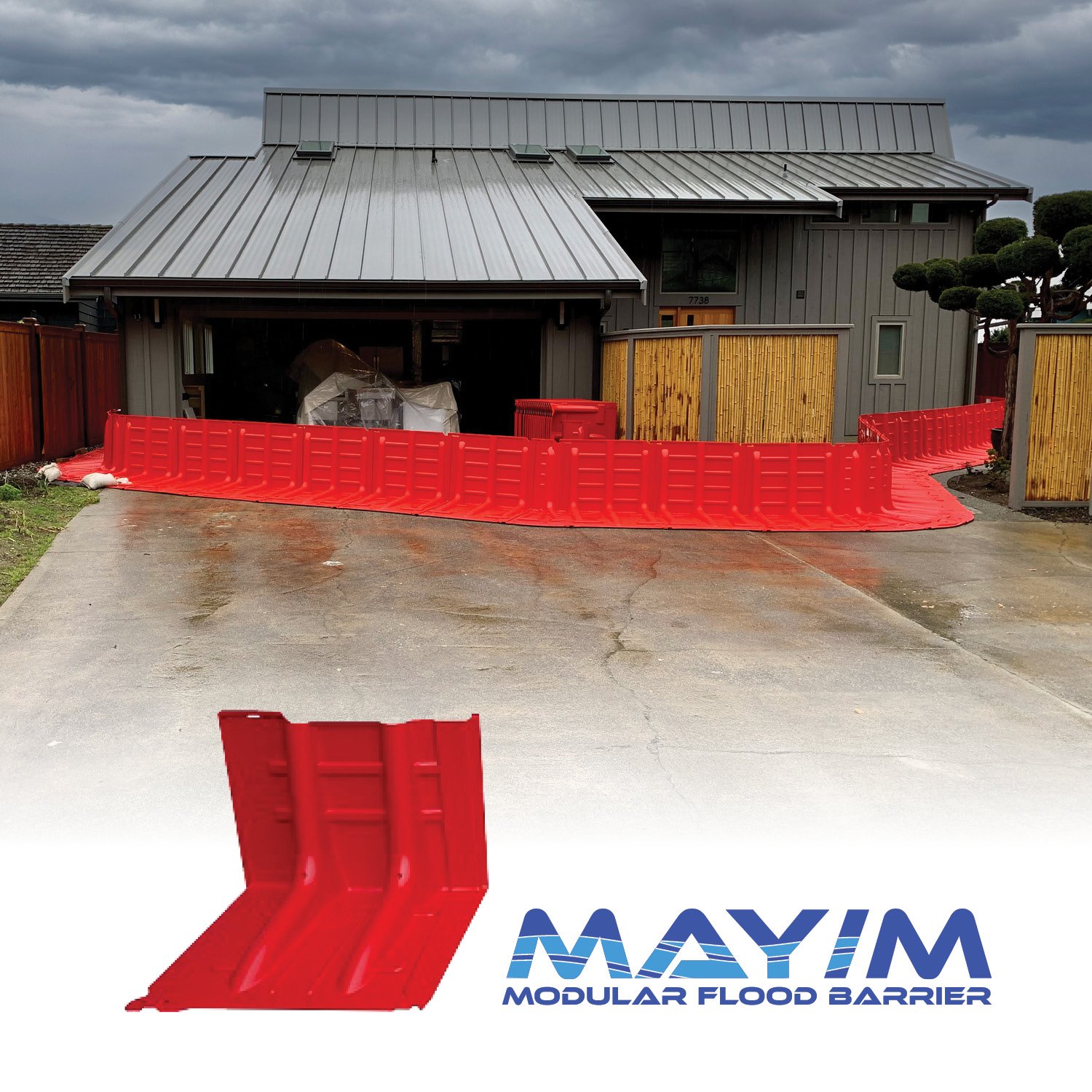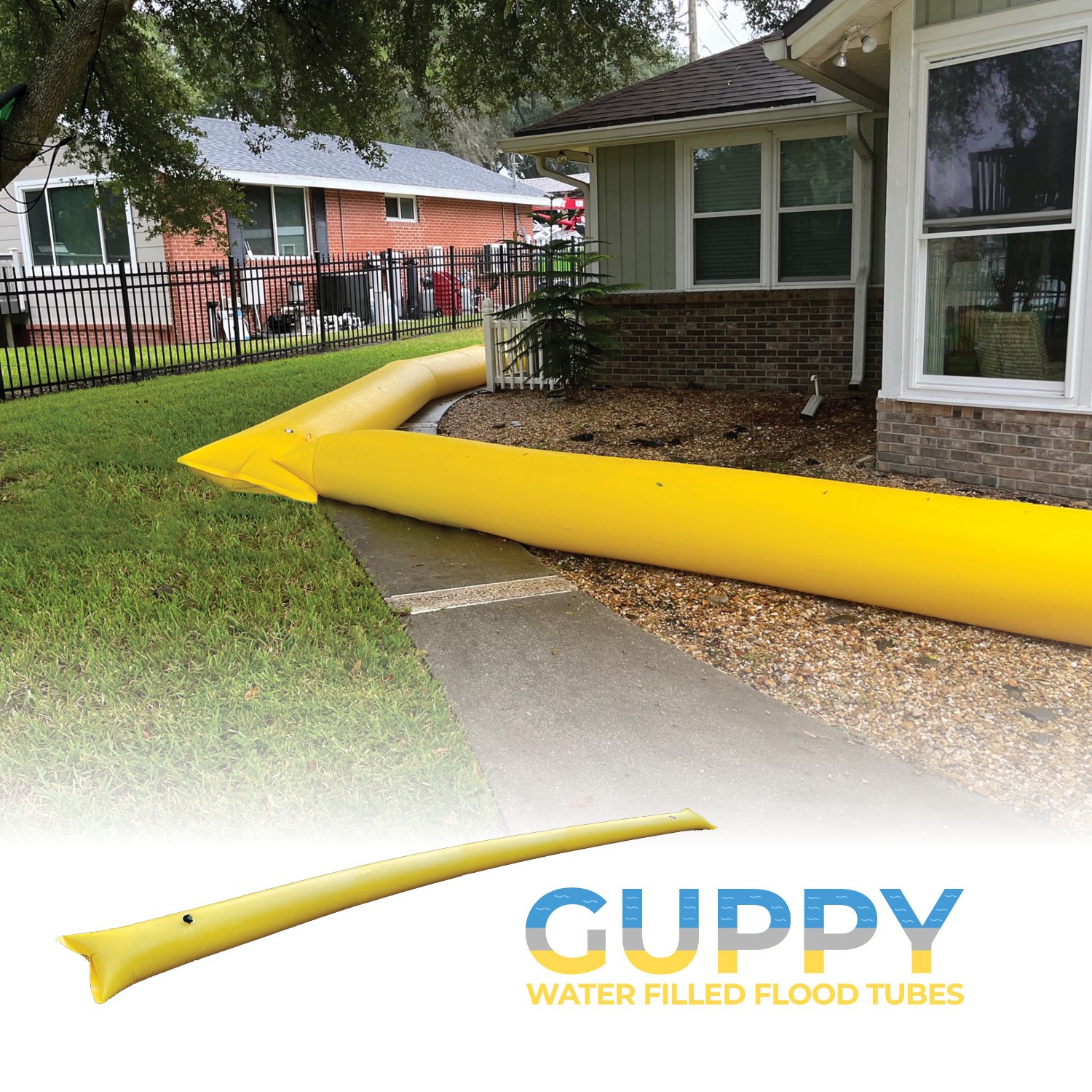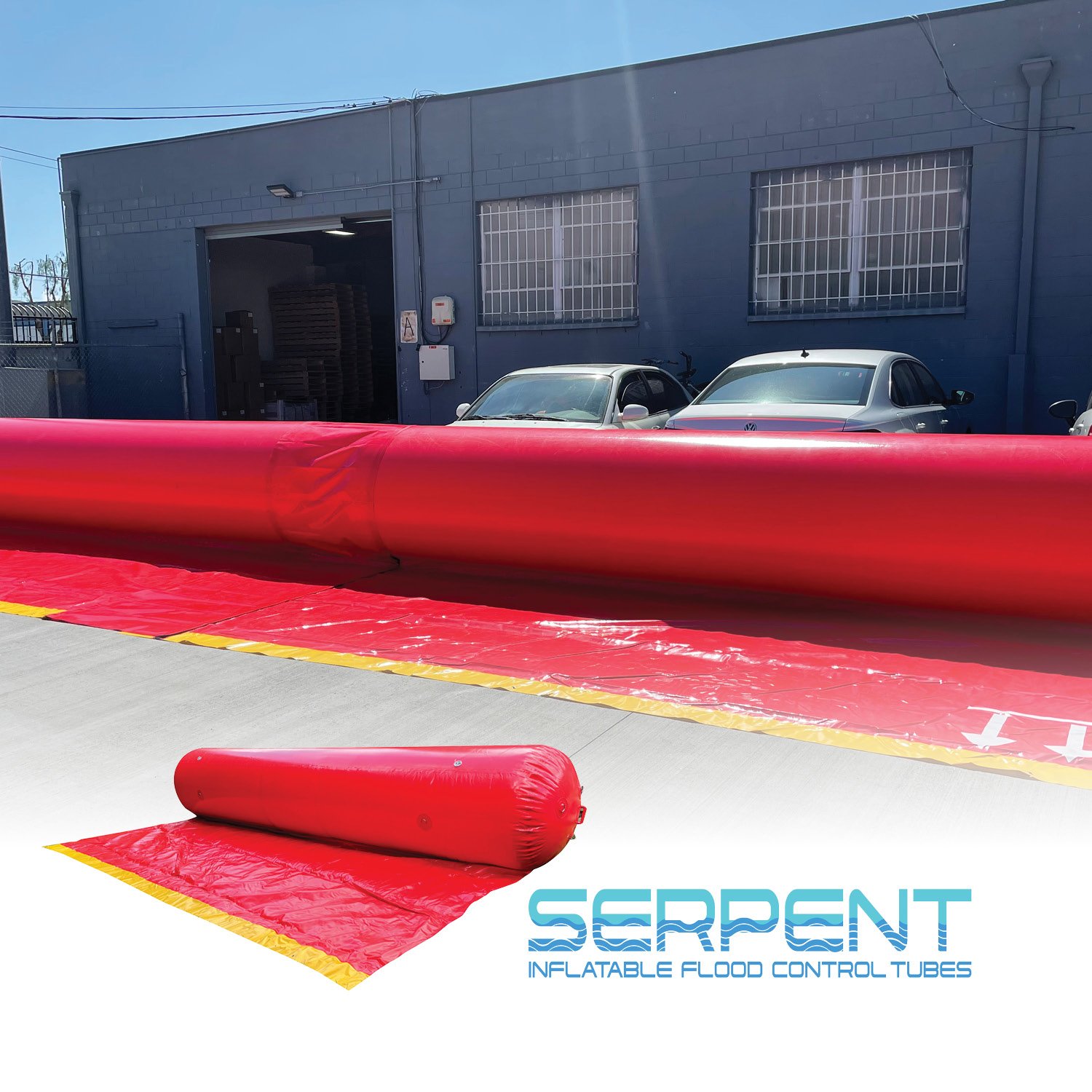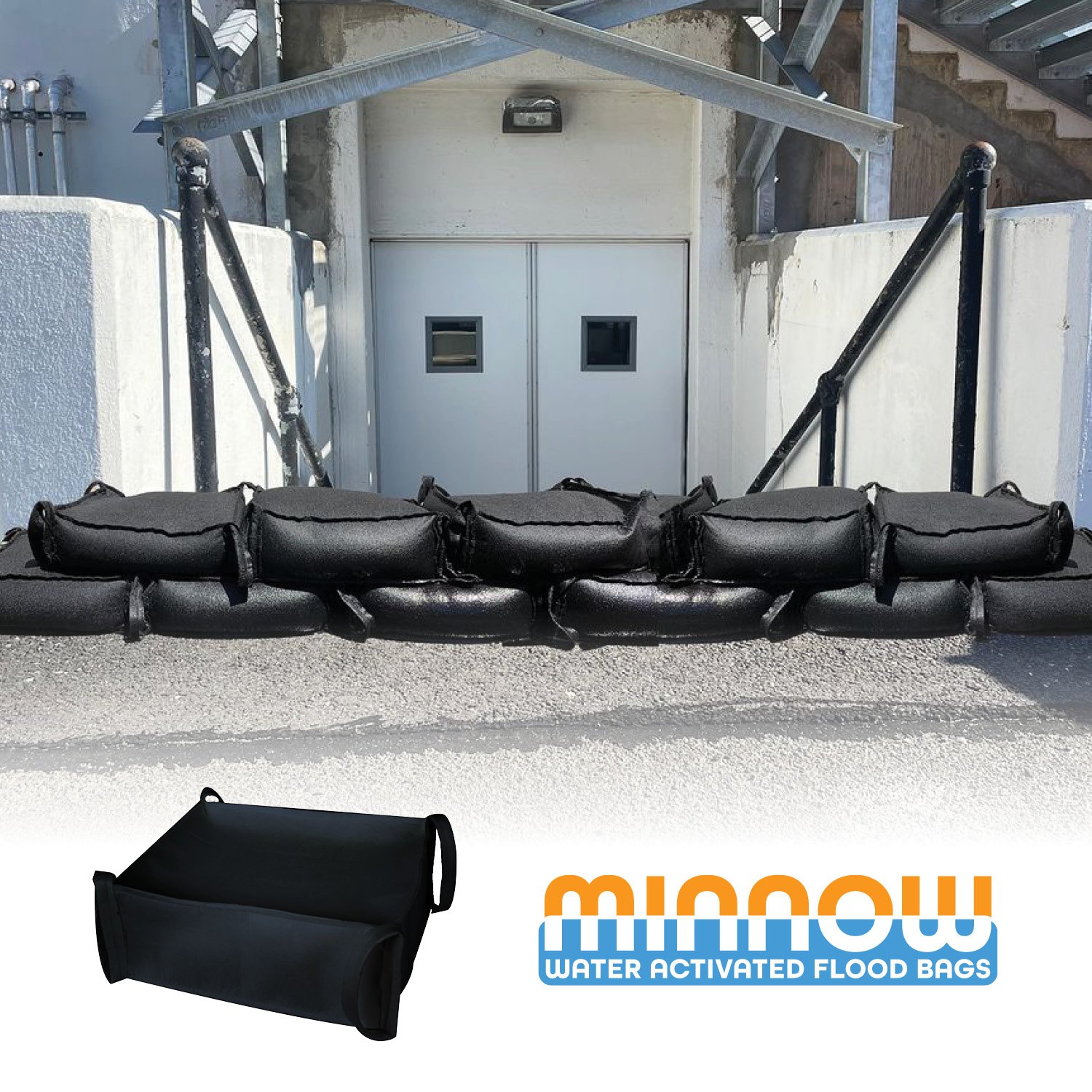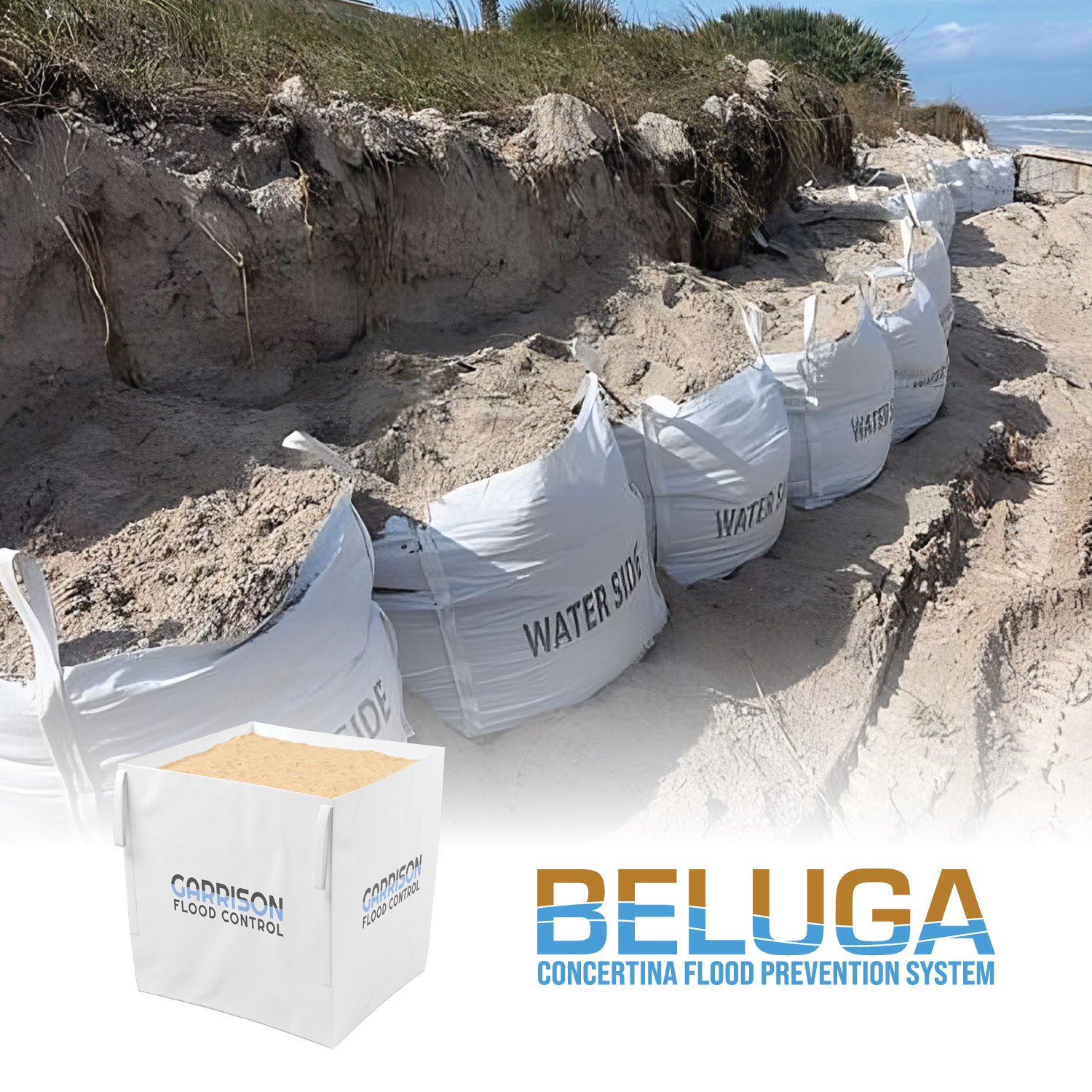Severe Repetitive Flooding in the United States on the Rise
(SRLP) Severe Repetitive Loss Properties Explained
Severe repetitive loss properties, also known as flood-prone properties, are a growing concern in many parts of the United States. These properties have a history of multiple flood damage claims, causing significant financial burdens for property owners and negative impacts on communities. In this article, we will explore the what is considered an SRLP (severe repetitive loss properties), the causes of frequent flooding, the role of flood protection products, and steps to better prepare for future flood threats.
Understanding Severe Repetitive Loss Properties
Severe repetitive loss properties refer to those properties that have experienced repetitive flood damage and have filed multiple flood insurance claims. Recognizing and addressing severe repetitive loss properties is important for reducing flood damage and protecting communities.
Under the NFIP, a property is considered an SRLP if it has received:
Four + separate claim payments of more than $5,000 each (including claims for both the building and its contents).
Two+ separate claim payments (for the building only) where the total of those payments exceeds the value of the property.
The National Flood Insurance Program (NFIP) plays a crucial role in managing these properties, providing flood insurance coverage and fostering flood prevention efforts.
By identifying severe repetitive loss properties through flood maps, the NFIP aims to mitigate flood risk and minimize the negative impacts of flooding in the United States.
The Efforts to Reduce SRLP Flood Risk
Severe repetitive loss properties, as defined by the NFIP, are properties that have filed at least four separate flood insurance claims, each exceeding $5,000, or two claims that exceed the market value of the property. These properties often face significant challenges, both financially and in terms of flood risk management.
Identifying and addressing severe repetitive loss properties is crucial for reducing flood damage and protecting communities. These properties account for a significant portion of flood insurance claims, putting a strain on the NFIP's resources. By implementing measures to mitigate flood risk on severe repetitive loss properties, communities can reduce their vulnerability to flooding and minimize the negative impacts on homeowners, infrastructure, and local economies.
Moreover, managing severe repetitive loss properties is a key aspect of emergency management and flood prevention efforts, ensuring the long-term resilience of communities facing flood risks.
Impact on Property Owners and Communities
Severe repetitive loss properties pose significant challenges for property owners and communities alike. Repetitive flooding can lead to financial burdens for property owners, resulting in increased flood insurance costs and reduced property values. Homeowners in flood-prone areas may face difficulties in securing affordable flood insurance policies, impacting their ability to protect their properties and recover from flood damage.
In small communities, severe repetitive loss properties can have broader negative impacts. Social and economic disruptions caused by repetitive flooding can strain community resources and limit growth potential. Small businesses may struggle to recover after flood events, while local governments may face challenges in providing necessary infrastructure and services. Additionally, repetitive flooding can erode community confidence, hindering future investments and lowering property values across the affected area.
Addressing severe repetitive loss properties is essential for small communities to enhance their flood resilience, reduce flood damage, and promote community well-being. By implementing flood mitigation measures and improving flood risk management strategies, communities can protect both individual properties and the overall resilience of their communities.
Causes of Frequent/Repetitive Flooding
Various environmental factors and man-made influences contribute to the occurrence of frequent flooding. Understanding these causes is crucial for effectively managing flood risk and mitigating the impacts of repetitive flooding.
Environmental Factors
Environmental Flooding
Heavy rainfall and severe weather events are significant factors that contribute to frequent flooding. Intense and prolonged rainfall can overwhelm natural and man-made drainage systems, leading to flood water accumulation. In areas with limited natural flood protection, such as floodplains or regions with high water tables, heavy rainfall poses a particularly severe flood risk. Rising floodwaters caused by severe weather, such as hurricanes or torrential downpours, can breach flood control measures, including flood walls, levees, and flood barriers, resulting in repetitive flooding.
Understanding the impact of environmental factors on flooding is crucial for developing effective flood risk management strategies. By considering rainfall patterns, floodplain erosion, and more, communities can implement mitigation measures and adapt to changing flood risk scenarios, reducing the frequency and severity of flooding.
Man-Made Influences
Man Made Flood Events
Man-made influences also contribute to the occurrence of repetitive flooding. Land use changes, such as urban development, deforestation, and changes in natural watercourses, can alter natural flood protection mechanisms, increasing flood risk in certain areas. Improper stormwater management, such as inadequate drainage systems and excessive impervious surfaces, can lead to increased runoff during heavy rainfall events, exacerbating the potential for frequent flooding.
The management of man-made influences on flooding is critical for effective flood prevention. Implementing sustainable land use practices, including proper stormwater management, flood control systems, and nature-based solutions, can help reduce the impacts of repetitive flooding.
By considering the impacts of land use changes and implementing flood control measures, communities can minimize flood risk and promote sustainable development.
The Vital Role of Flood Protection Products
Flood protection products play a vital role in mitigating the impacts of repetitive flooding and enhancing flood resilience in flood-prone areas. These products encompass a range of solutions designed to prevent flood damage and minimize financial losses. The benefits of flood protection products extend beyond individual homeowners, positively impacting the overall flood resilience of communities. By utilizing these solutions, communities can mitigate flood risk, reduce flood damage, and enhance community sustainability in flood-prone areas.
Overview of Flood Protection Products, Systems and Solutions
Flood protection products include flood barriers, flood walls, flood gates, and other innovative solutions designed to prevent flood damage to properties and communities. These products are designed to withstand the rising floodwaters, redirect flow, or create a barrier between floodwater and infrastructure. They can be temporary or permanent, depending on the flood risk and the specific needs of the area.
Deploying flood protection products provides significant benefits in reducing flood damage and insurance costs for property owners. By preventing flood water from entering properties, these products contribute to the preservation of critical infrastructure and aid in reducing the long-term impacts of repetitive flooding.
Benefits of Using Flood Protection Products
Using flood protection products offers numerous benefits for flood-prone communities. First and foremost, these products help prevent flood damage, protecting both properties and their occupants. By deploying flood protection systems, communities can reduce their reliance on emergency flood response measures and alleviate the strain on emergency services during flood events.
In addition, utilizing flood protection products can lead to significant flood insurance savings for property owners. By demonstrating proactive flood prevention measures, property owners may be eligible for reduced flood insurance premiums, reflecting the lowered risk associated with well-protected properties.
Innovative Flood Solutions to Combat SRLP Flooding With Garrison
In conclusion, severe repetitive loss properties pose a significant challenge for both property owners and communities. The frequency of flooding can have detrimental effects on the structural integrity and value of properties, as well as the overall well-being of residents. Therefore, it is crucial to understand the causes of frequent flooding and take proactive measures to protect against future threats.
Temporary flood protection measures, such as water activated flood bags and flood wall barriers, can be deployed quickly to provide immediate flood defense during severe weather events. Certain temporary solutions consist of flood wall panels that can easily connect to create a desired length of flood protection such as the Mayim Flood Barrier.
Additionally, to handle severe flood threats and storm surges. Aluminum Flood-Logs can be installed to keep entryways prepared. For example, Garrison’s Hammerhead Aluminum Flood Wall system utilizes installed U-Channel posts that aluminum planks slide into creating a durable flood barrier.
When choosing flood protection products, several factors need to be considered, such as cost, effectiveness, and ease of installation, maintenance, and adaptation to changing flood risk scenarios. By carefully considering these factors, property owners and communities can select flood protection products that best suit their specific needs and enhance their flood resilience.
Watch The Below Video to Learn About SLRP Properties and
How Garrison Can Help
Garrison™ Flood Control is a New York-based manufacturer and distributor of a complete line of flood control products. Garrison products contain, divert, and re-route water away from valuable property, equipment, infrastructure, and facilities and help prevent flood damage due to rising water levels.
For additional information about Garrison™️ Flood Control Systems, please call 929-299-2099 or email sales@garrisonflood.com.










